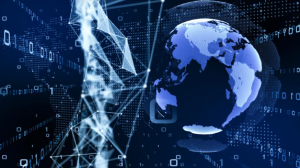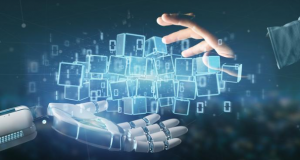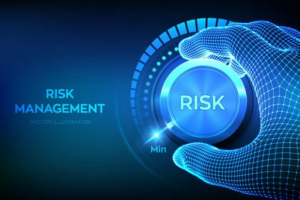Shaping the Future of AI: Challenge and Choice

Artificial intelligence holds profound promise to improve society and benefit humanity, but also poses complex challenges we must grapple with responsibly. The future of AI will depend on the choices we make today as policymakers, researchers, and members of society. With moral wisdom and shared purpose, AI may uplift human progress and partnership. But without guidance or constraint, advanced AI risks unintended harm. Overall, people will ultimately determine whether AI serves individual ambition alone or the common good. The future awaits our open and better nature.
AI can enhance many critical fields, including healthcare, education and transportation. AI promises to diagnose diseases, personalize learning, reduce traffic accidents, and optimize energy usage. Applications like these may make society more just, sustainable and prosperous. However, we must address unfairness and lack of transparency in AI to achieve good outcomes, especially for marginalized groups. Regulations should aim to spur innovation while protecting individuals. With safeguards and oversight, AI can vastly improve lives and society.
While AI will significantly impact jobs, effects depend on how we choose to distribute opportunity. Many jobs may be automated but others will emerge. Retraining workers and providing economic support can ease disruptions. With prudent policies, job loss may be gradual as new jobs balance reduced roles. But without intervention, inequality may grow as benefits accrue mainly to wealthy firms and highly-skilled individuals. Global cooperation will be key to aligning progress in AI with shared values.
Advanced and autonomous AI also brings new challenges that require guidance. Weaponized AI poses threats that are difficult to restrict or contain. Systems that match human intelligence may prove difficult to reliably monitor or control. However, concerns remain speculative, and intent matters most. Regulations should aim to limit dangerous applications but allow promising civilian uses to flourish. International collaboration will be critical to keep AI grounded and beneficial.
The future of AI will transform society in profound ways, for good or ill, depending on what we choose to build and why. The challenges ahead call for courage of conscience and moral imagination – our better selves in action. Unchecked ambition will not safeguard humanity’s shared future. We must guide AI’s progress judiciously and for the right reasons – through wisdom, empathy and faith in one another.
By rising above narrow self-interest, we can steer AI to uplift rather than imperil human progress. The future is ours to shape, if we stand together guiding not just gaining from this transformative technology. Our choices define our destiny. Through shared hopes and understanding, human and artificial intelligence may build a future more just, sustainable and prosperous than before. But we must meet this pivotal moment with open hands and hearts, willing to understand before seeking to gain. The future of AI awaits our choice – and our humanity. We possess both the genius and wisdom to change the world for the better. The question that remains is simply one of will and way. Our future is now. Let us begin.






